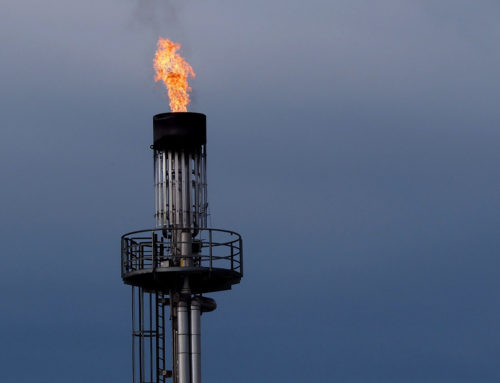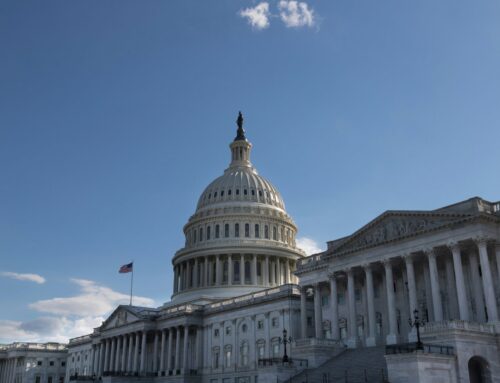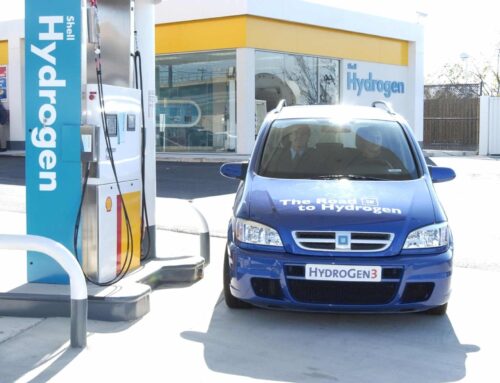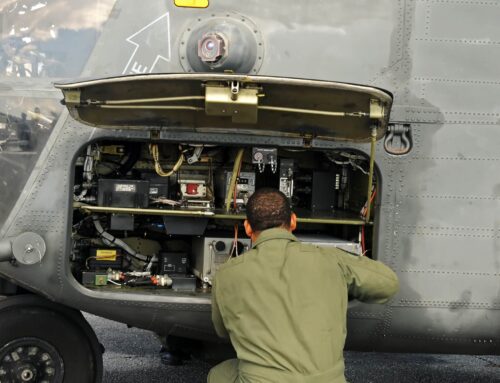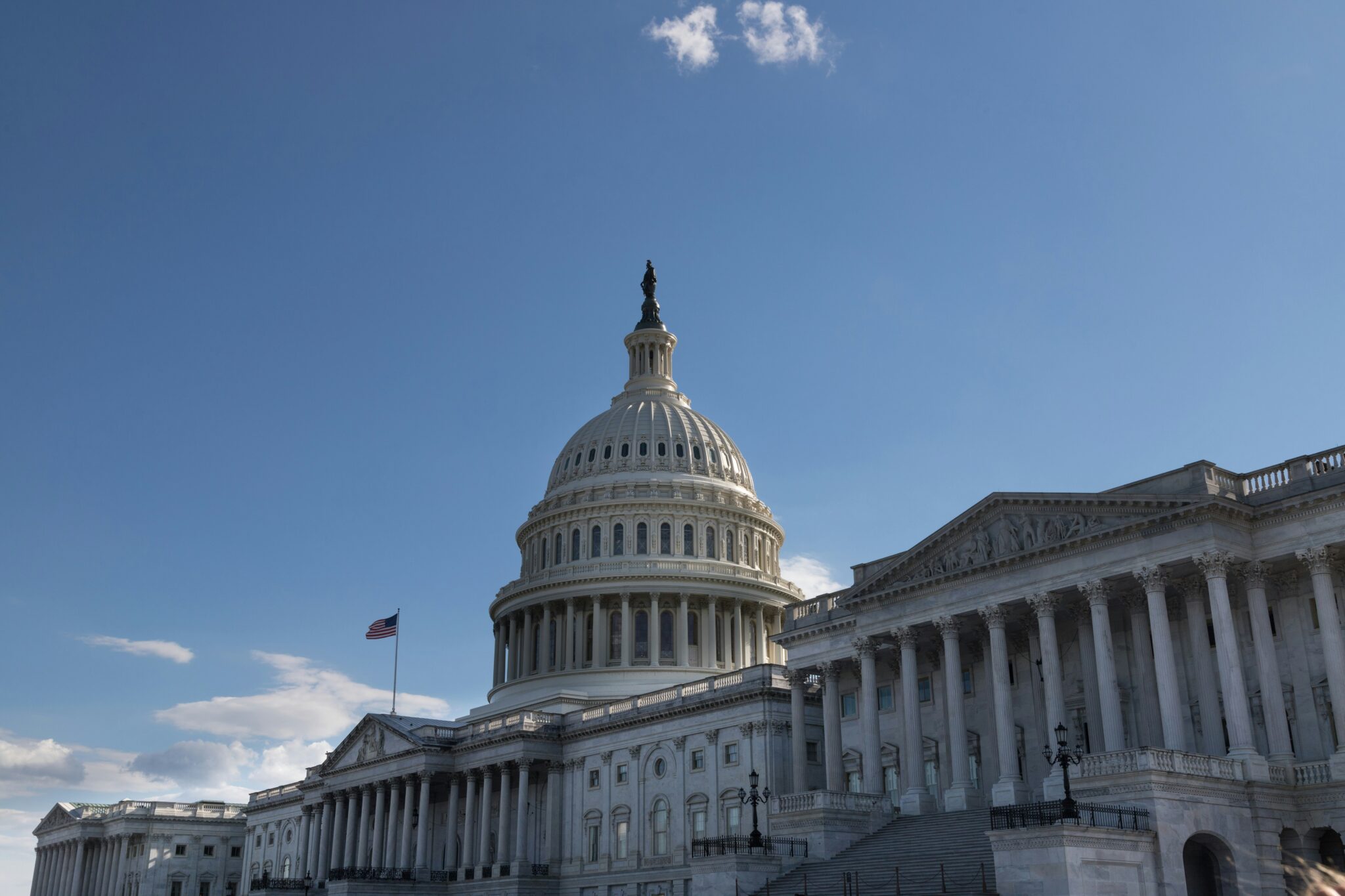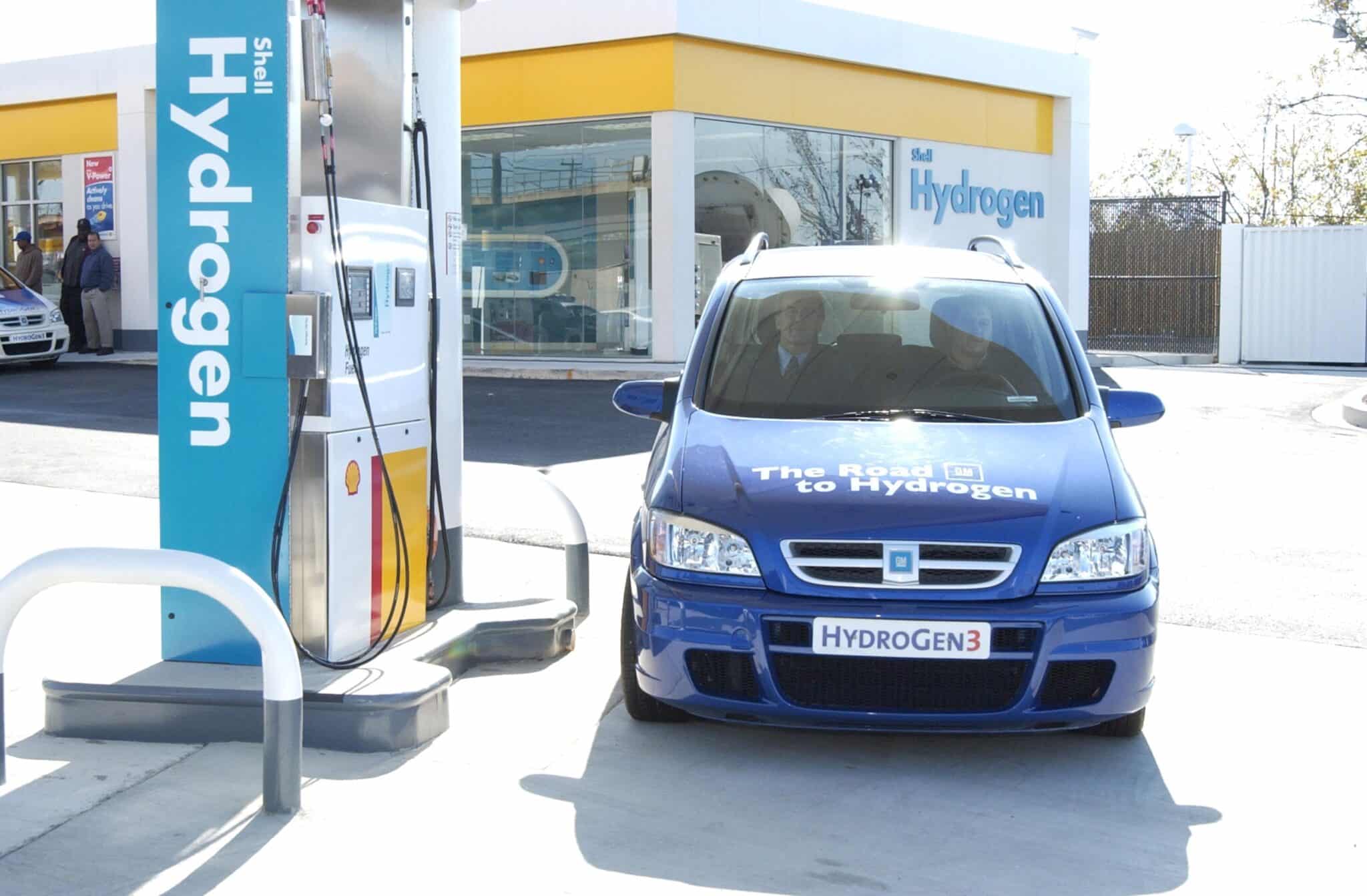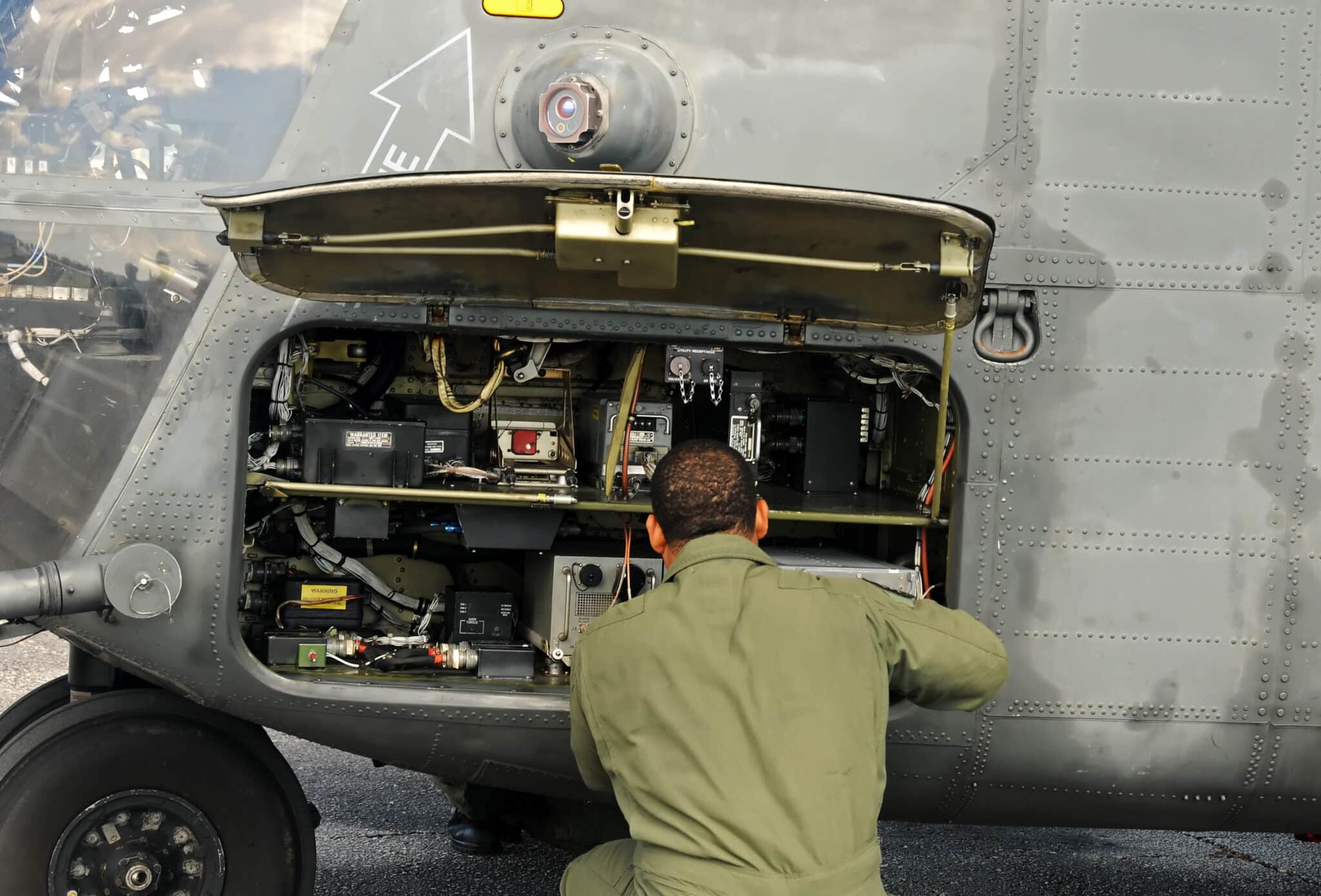There is nothing so clarifying for policy and legislative vision, as the State of The Union. On this episode of Budget Watchdog AF, Steve Ellis is joined by future Hall of Fame members of the Taxpayers for Common Sense team to clarify the fiscal message they would like to hear from President Biden.
For more, read our Weekly Wastebasket – It’s Time For the State of the Union
Listen here or on Apple Podcasts
Episode 17 – Transcript
Steve Ellis:
Welcome to all American taxpayers seeking common sense. You’ve made it to the right place. For over 25 years, TCS, that’s Taxpayers for Common Sense, has served as an independent, nonpartisan, budget watchdog group based in Washington, DC. We believe in fiscal policy for America that is based in facts. We believe in transparency and accountability, because no matter where you are on the political spectrum, no one wants to see their tax dollars wasted.
Steve Ellis:
Well, podcast listeners, that music can mean only one thing, the Super Bowl of politics, the State of the Union address, to be delivered for the first time by the 46th President of the United States, occurs today, Tuesday, March 1st, 2022. There’s nothing so clarifying for policy and legislative vision as the State of the Union address. And on this episode of Budget Watchdog AF, I am joined by some Pro Bowl, wait, future Hall of Fame members of the Taxpayers for Common Sense team, to clarify the fiscal message we would like to hear from President Biden. Autumn Hanna, Josh Sewell, and Wendy Jordan, thank you all for joining me and giving voice to the TCS bill of particulars on the fiscally responsible way to meet the challenging issues we as a nation now confront.
Autumn Hanna:
Steve, it will come as no surprise to the listeners of this podcast, that our vision is one of fiscal common sense. In our vision, federal taxpayers shouldn’t have to be asked to pay for programs that don’t work, the programs that don’t achieve their stated goals, and the ones that just don’t make sense.
Steve Ellis:
And our vision is an end to unwarranted subsidies and corporate welfare, a world where success comes from effort and ability, not buying access.
Wendy Jordan:
TCS believes what our union needs now is an end of bogus arguments and false solutions.
Steve Ellis:
Well said, all. Let’s dig in then. The invasion of Ukraine by Vladimir Putin’s Russia leads me to start with you, Wendy Jordan, you are our resident TCS defense policy and budget expert. How is our vision of fiscal common sense likely to be challenged in light of current events?
Wendy Jordan:
Well, Steve, we know that there’s going to be an emergency supplemental funding request for the Pentagon. We’re hearing it’s to support the previously unbudgeted movements of troops into and within Europe, but we don’t know what else will really be covered by this supplemental request. We’ve heard some of the top line details. By top line, I mean top line dollar details. We’re expecting the entire package to be about $6.5 billion. Of that $6.5 billion, $2.9 billion, let’s round it up and call it $3 billion, will be for humanitarian assistance, and $3.5 billion to cover deploying US troops, as I said, into and within Europe. But that’s about all we know. As budget watchdogs, we believe that request should be limited, and targeted, and not just some grab bag of dollars for the Pentagon. And these circumstances should not be used to trigger a resurrection of old slush funds, the Overseas Contingency Operations account, that Budget Watchdog listeners have already heard so much about.
Steve Ellis:
Oh, yeah, the Slush Fund. Of course, it’s only in the DOD where the rounding error is a $100 million dollars. Right now, this is a legitimate use of emergency funds. It’s not like they imagined Russia invading Ukraine when they last passed the appropriations for DOD back-
Wendy Jordan:
I know why you’re stumbling, Steve. DOD and the rest of the US government hasn’t had a regular spending bill passed and signed into law since December of 2020. Everybody look at their calendar. It’s March of 2022, March 1st of 2022, in fact. So, we haven’t had a regular appropriations bill signed into law in 14 months. We’ve been operating under a CR since September 30th, the end of the last fiscal year.
Steve Ellis:
CR, continuing resolution. Okay. Got it. All right, Wendy. Back to the State of the Union.
Wendy Jordan:
So, Steve, I think I can predict some of what the Republican response will be to the State of the Union. I’m guessing that there will be some mention of changes to the burden sharing arrangements of NATO. This line of reasoning, and I’m going to put reasoning in air quotes, says that our European allies don’t pay their fair share of NATO. So, to dispel some of that mythology, let me dive into a tiny bit of how NATO funding works. NATO members have a goal of spending 2% of gross domestic product, GDP, on their own national defense. That goal was set back in 2014, and it gave NATO members a decade to reach it. So, there’s still two years to go to meet that threshold. With two years to go, 11 members, more than a third of the Alliance, has met or exceeded the goal. Another three nations are very close.
Wendy Jordan:
They’re at north of 1.8% of GDP spending on their own national defense. The United States far exceeds that threshold, of course. Besides spending on their own defense capabilities, NATO members make direct cash payments for so-called common funding arrangements. And that common funding arrangements include the literal costs of operating NATO headquarters in Brussels, for instance, the cost of the integrated command structure of NATO, and something called the NATO Security Investment Program, which of course, it’s got to have an acronym, so we call it NSIP. And NSIP helps improve the military capabilities of member nations that are newer to the Alliance and not as militarily forward. To give listeners a sense of scale just of the NSIP program, the Biden Administration requested just under $206 million for NSIP in FY22. I could go on, and on, and on about NATO budgets, because I used to work on this directly, but I’ll leave it there.
Steve Ellis:
Thanks, Wendy. You’re listening to Budget Watchdog AF. And podcast listeners, if you’re eager to learn more, we’ve just written one of our five fast facts about the NATO budget. So, go to our website, taxpayer.net, to dig in and learn some more on that. Now we’re moving on to the Budget Watchdog OG, TCS Vice President, Autumn Hanna. Volatility and energy markets and supply chains are suddenly top of mind for taxpayers, but the issues here are nothing new. What do we have on our TCS bill of particulars for fiscal common sense that apply here?
Autumn Hanna:
Steve, what we’re seeing yet again with oil and gas interests is using every opportunity, big and small, over the last century, including the most recent shooting war in the Ukraine, to claim that now is not the time for important reforms, important reforms that taxpayers need. But this is really just scare-mongering. There’s nothing we can do today that will affect gas prices. It’s all baked in. The real truth here is that ending oil and gas subsidies and reforming outdated leasing practices on federal lands will have no impact on the global price of oil, or total US oil supply. It won’t drive down gas prices. What it will do is end egregious giveaways of taxpayer owned oil and gas, and raise billions of dollars and revenue needed by the states and the federal treasury.
Steve Ellis:
It’s funny. As I listen to this and what the oil execs are saying, it actually makes me think of, and I probably don’t agree with them often, but for President Obama Chief of Staff, Rahm Emanuel, observed that you never let a serious crisis go to waste. And what I mean by that is that there’s an opportunity to do things you could not do before. So, here comes the Ukraine crisis and the oil crisis, and they’re hoping to take advantage of that, and feather their own nest, and protect their own subsidies. So, really what you’re saying, Autumn, is that when the industry cries poor, we shouldn’t be buying it. But wait, wait, didn’t the pandemic send the companies into a tailspin after two years of COVID?
Autumn Hanna:
Nope. In fact, oil and gas companies are doing just fine right now, really fine. In fact, this week, we’re releasing a new analysis of the latest oil and gas profits, looking back at the entire 2021, and the numbers are shocking. The industry is more than recovered. The Big Six reported total annual profits of almost $100 billion for 2021, fully recovered from the brief pandemic induced decrease in demand. Record high oil and gas prices generated strong cash flows for all of the Big Six, and they’ve all announced stock buyback programs, and, or increased dividends to boost returns for their investors.
Autumn Hanna:
And don’t buy these latest half truths that the industry is touting about their lack of access to federal land. Thousands of permits were approved in 2021, about 3000. And out of 22 million acres that are currently leased, almost half, 9.6 million of them sit idle and not in production yet. So, it’s clear that there’s plenty of already leased and available land to enter production, and absolutely no justification to rush to offer up more land for bargain basement prices. We need these reforms first, reforms that should be addressed in tonight’s speech.
Steve Ellis:
Wow. I wish I was doing that fine when I was doing fine. I mean, shoot, that sounds pretty darn good to me. So, let me get this straight. Big oil is sitting pretty on lots of federal land, more than recovered, hitting profit numbers in line with some of their best years ever.
Autumn Hanna:
Yep. Exxon Mobil raked in more than $23 billion in 2021, its highest annual profit since 2015.
Steve Ellis:
Wow. Just wow. So, one of the other policy prescriptions is for a gas tax holiday. We’ve heard a lot of politicians talking about this. Finally bringing in for a reminder about why this such a popular, but misguided, I actually would say dumb, idea, is Josh Sewell. Josh, preach.
Josh Sewell:
Oh, the gas tax holidays. There’s gaining momentum in Congress for a suspension, they call it, of collection of the federal gas tax. So, as a reminder, federal gas tax is about 18 cents a gallon. Hasn’t been increased for 25 years. And it is used to fund roads and bridges. So, one of the things that these members of Congress are proposing is to give people a little bit more money in their pocket to respond to inflation, to not have to pay that 18 cents a gallon when you fill up. It’s a little bit of money in the pockets, but it’s a lot of money out of the treasury, because in reality, we’re going to pay this at some point. You can suspend the gas tax, but we’re still going to be spending money building roads, building bridges, building, transit, fixing all those things.
Josh Sewell:
So, at some point, we’re going to pay that money back. Where it’s going to come from is the general treasury. We’re not truly saving money, somebody’s going to pay for it at some point. And it’s really just going to put a big hole, well, an even bigger hole in the federal deficit. And one last thing is holidays sometimes last for a very long time, sometimes forever when it comes to taxes. So, it’s something we got to be worried about. Because at some point, you’re going to have to raise taxes if you put it back in, is what people will say.
Steve Ellis:
Yeah. I mean, the gas tax is supposed to be a user fee of sorts. I mean, and it was supposed to pay for all of the repair and new road construction, and through the Highway Trust Fund. But since late 2000s, we haven’t actually even raised enough revenue through the gas tax to pay for all the road building, unfortunately, not road repair, which we definitely think we should be fixing at first, that the country should be doing.
Steve Ellis:
And so, yeah, it’s just they’ve been stealing from the treasury and this’ll just make that worse, right, Josh?
Josh Sewell:
Absolutely. It’s another temporary solution that’s not actually a solution. And so, they got to grapple with the hard questions and come up with some ways to pay for stuff that we need. And no one loves to pay taxes, but I mean, if you’re using the roads, we got to pay for them.
Steve Ellis:
Exactly. Okay. So, reeling us back to the State of the Union, what are some of the things that President Biden’s going tout, Josh?
Josh Sewell:
Well, I would imagine he would talk about what has been accomplished on COVID. It’s hard to believe, but if you remember to last year’s State of the Union, there really weren’t widespread vaccines. We didn’t have fights about vaccine mandates. It was more of a waiting game or a mad scramble for those who could get access.
Josh Sewell:
Let’s be fair that some of the credit for the vaccine does go to President Trump, but really the rollout has all been under the current president, President Biden. So, you got the rollout, then the debate about boosters, higher levels of infections came back. Then you had lower levels. We all thought it was done. “Hey, the Delta variant’s here. How about some more boosters? Omicron’s here.” It’s just a lot to keep up with.
Steve Ellis:
More COVID. But what successes is he going to pivot to, at least legislative successes, Josh?
Josh Sewell:
I think the biggest clear winner is going to be the infrastructure bill, the bipartisan infrastructure package, the big f-ing deal, as they like to call. It’s a self-proclaimed trillion dollar plus bill that passed last fall to a fairly wide fanfare. It was truly bipartisan. You had 19 Republican senators vote for it. Now, one of the things that you’re going to have to look through the spin in some of the speech is that it’s not actually a trillion dollar bill.
Josh Sewell:
Let’s have a reminder. We had a whole podcast where we talked about this. It’s a $580 billion in new money bill, with the rest of it basically being a reauthorization of baseline spending. So, that highway and transit bill that’s paid for partially by the gas tax, that was part of this bill. And that’s a five year bill that would’ve happened in some form without the actual bipartisan infrastructure package. Now it’s also important to understand that many of the projects that were in this bill are moving. The Army of Corps of Engineers is spreading cash around to new water resource projects throughout the country, many of them pretty bad projects. The highway account, the mass transit account, they have spread their money.
Josh Sewell:
They’re starting to build, to either continue to build projects that were already authorized or maybe starting a handful of new projects. But really the bulk of the cash in that bill is going to be coming out the next 2, 3, 4, 5 years, because again, infrastructure, it’s not a lot of shovel ready. It’s not amount of fast cash. These are longer term projects, and the real impact of those will be felt down the line.
Steve Ellis:
And $580 billion, I mean, that’s a half a trillion dollars. That’s real money. How do we make sure, Josh, that taxpayers get the biggest bang for their buck out of those dollars?
Josh Sewell:
Well, as you mentioned earlier, one of the things that the administration should do is, and the states that are implementing this, because a lot of this is money that goes to the states, that they then have some discretion to implement, is to really fix it first where you can. The infrastructure that exists, if you’re talking physical infrastructure, and fix it before it falls apart. Because as we all know, if you own a house, or if you own a car, or if you ever operated anything that requires maintenance, maintenance saves you money in the long term. It’s easier, in normal times, to fix something, than it is to build anew.
Josh Sewell:
So, that’s what we should do first. And also, again, this is a role for the states to play as well, is to figure out which projects, which initiatives under these various programs under this bill, are going to provide the greatest return on investment. So, don’t just fund something that is convenient. Don’t just fund something that has the loudest people calling for it, or it has the most political connections, but start funding those projects that are actually going to have that long term return on investment, the economic growth. And in this time, you got to start getting the climate lens, building that infrastructure that’s going to be more resilient to the dynamic weather we’re seeing and the threats we’re facing at the same time. Because we don’t want to have to have another massive infrastructure bill to fix a bunch of things that we built poorly.
Steve Ellis:
Yeah. Because I mean, the thing is that we already have a huge maintenance backlog on the nation’s roadways and rails. And as you said, it’s cheaper to keep things in good working order, than it is to let them fall deficient and then have to bring them back up to speed. And every new construction project is just adding future maintenance requirements. And so, it’s really a challenge, and it’s something that we did an analysis with Transportation for America and the repair priorities report that we’ve updated periodically. And you can find that on our website at taxpayer.net.
Steve Ellis:
You’re listening to the Budget Watchdog AF podcast, and Josh brought up climate. And that’s what I’d want to bring everybody in on this to round out the podcast and talk about climate change. And that’s actually been in the news a bit here recently. And not that it isn’t always in the news, but there are some issues coming up recently showing how dire the situation is. And just to underscore that, before 2008, America endured only one year where the cost of natural disasters reached $9 billion. Since then, the United States has seen eight such years, including every year since 2016. Autumn Hannah, as staggering as that statistic is, it represents only a fraction of the real cost imposed by climate change. Explain to the audience why that is.
Autumn Hanna:
Steve, you’re right that disaster spending has steadily increased, but that represents on only a fraction of the costs imposed by climate change. Claims made under the National Flood Insurance Program are rising, and so are the armed forces costs to protect our bases and assets around the globe. And in the face of these growing climate threats, what the Union doesn’t need is money spent on false solutions, wasted taxpayer subsidies for things like biodiesel, corn ethanol, nuclear, carbon capture and storage. We’ve been around long enough that we remember President Bush standing before Congress in 2006, promising that [inaudible 00:17:43] biofuels derived from wood chips and switchgrass would come online in just six years.
Autumn Hanna:
Going on two decades later, the US has little to show for this, despite the government mandating biofuels use, plus adding layers and subsidies. We’re no closer to greener transportation fuels, and we have questionable impacts on greenhouse gas emissions overall from this push for biofuels. We really need to end these climate driving subsidies, things like the subsidies for oil and gas that we talk about frequently on this podcast. We need to institute a carbon tax that we’ve also talked about before, raise revenue. Tax what we need less of. We need to do a lot of smarter investments, instead of just throwing money after these false solutions.
Steve Ellis:
Wendy, I don’t think we’re going to hear much about climate and national security at the State of the Union, but should we?
Wendy Jordan:
We absolutely should, Steve, because they’re now inextricably linked. I think most people would agree with that. One of the huge things in the whole Russia, Ukraine, Germany relationship, was the Nord 2 Pipeline. Energy security is national security, but not the way a lot of knuckleheads think. It’s all interconnected, and we can’t just burn and generate our own fossil energy, because we’re not wired to do that. It’s about alliances, and reliances, and hedges, renewables come in here, and we have to figure it all out.
Wendy Jordan:
It’s about fostering and supporting our alliances in Europe and around the globe. It’s sad to me that it took a war, a shooting war in Europe, to remind us and our alliances what’s important. And what podcast listeners probably don’t know is that in a previous life, I was the desk officer for the Department of Defense for the first round of NATO enlargement, which occurred in 1999. And that’s when NATO went from being a 16 member alliance, to being a 19 member alliance, when we brought in the Czech Republic, Hungary, and Poland. And the map of Europe really changed at the end of the 20th century. And I see it all going backward now, and that’s tough for me to watch.
Steve Ellis:
I can imagine, Wendy. I can imagine. Moving back into climate in the podcast, Josh, what do you see?
Josh Sewell:
Well, certainly, Ukraine and foreign policy will be a very important and major aspect of this speech, but getting back to America, he is probably going to use the State of the Union to really pitch some revival of the various spending proposals that fell out of his bipartisan infrastructure plan. So, getting back to the Build Back Better, which he ran on and they really pushed for last year, it’s going to be different and it’s going to have to be scaled back somehow. And again, as a reminder, we’ve talked about this on previous podcasts, we had some waste baskets. We have a lot of work on the Build Back Better initiative and the various policies that the Democrats were trying to get a package through reconciliation. And this is where a lot of this so-called social or human infrastructure, some of it very popular, some of it a little controversial, but that’s a lot of what he’s going to talk about at some point.
Josh Sewell:
And I think you’re going to see a pitch for probably the more popular parts of it. There’s a push for enhanced child tax credit that a lot of people support. That fell off, that was there during the pandemic, but then never made it through the legislative machinery. So, there’s a lot of conservation spending in agriculture that a lot of people seem to want. And then there’s various energy policies, and a bunch of things that he’s going to pitch as moving into the 21st century, and ways to, I think, relieve some of the cost pressures on families, and stuff like that. So, he’ll try to pitch to the American people on some facets of that plan, and we just got to figure out exactly what it is, because we’ve all seen his poll numbers. We know it’s a midterm elections, so they really want to eek out some wins in the next coming months, while Democrats have, technically, control of all of, the entirety of Congress.
Josh Sewell:
It’s going to be a tough sell, tough conditions, lots going on. But as my colleague said, there is a clear need for some of this.
Steve Ellis:
Thanks, Josh. And thank you, Autumn and Wendy. Well, there you have it, listeners. While the State of the Union is good, we could make it better by tackling some of the real challenging issues confronting it, including Ukraine and the Russian invasion, but also how to tackle the pandemic in a morally and fiscally responsible way, face the very real threats that are coming from climate change, and go about spending tax dollars responsibly. May God bless America. This is the frequency market on your dial, subscribe and share and know this, Taxpayers for Common Sense has your back, America. We read the bills, monitor the earmarks, and highlight those wasteful programs that poorly spend our money and shift long term risk to taxpayers. We’ll be back with a new episode, and I hope you’ll meet us right here.

